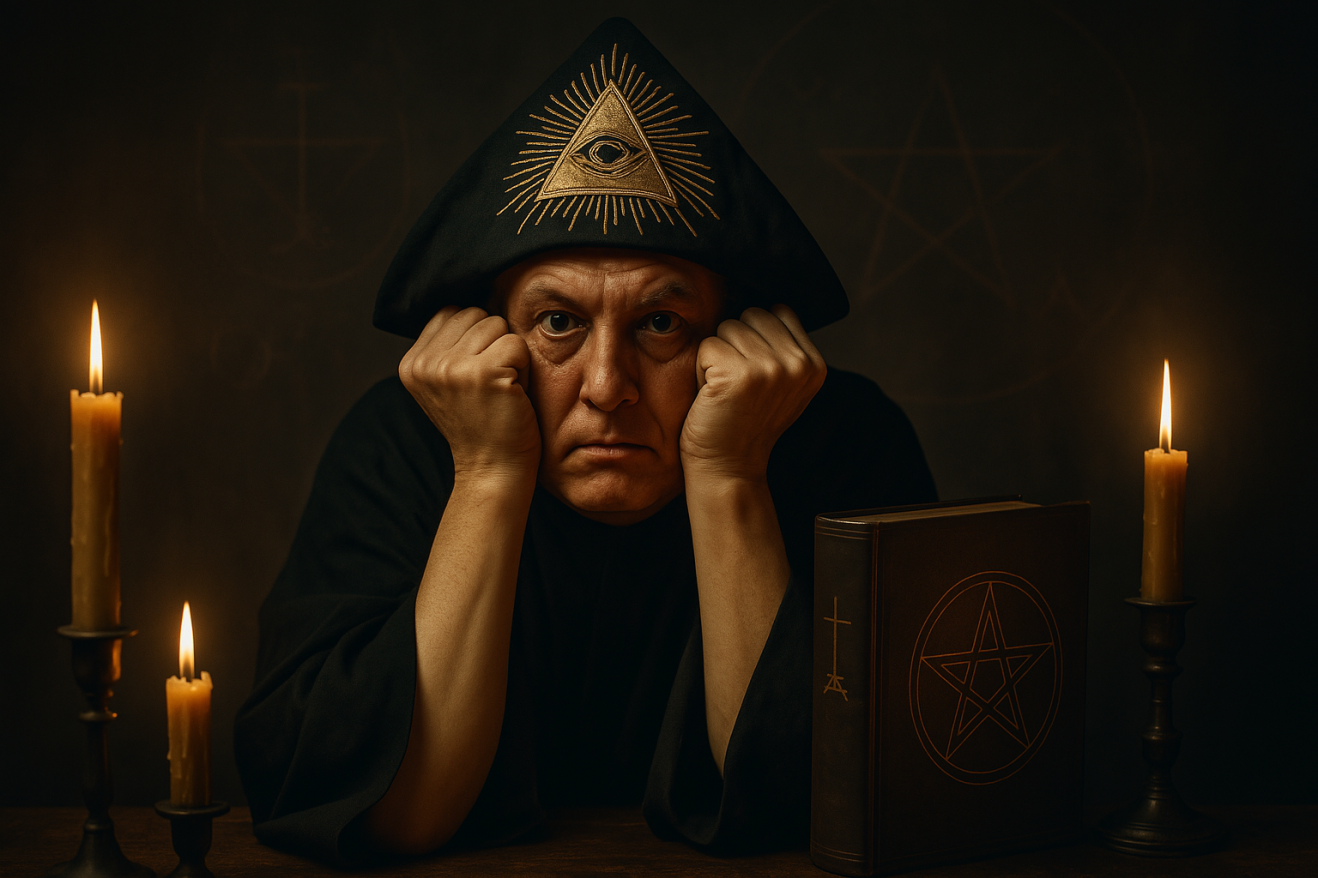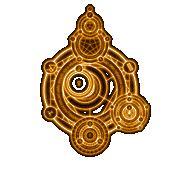Aleister Crowley, Thelema, and Sex Magick

Aleister Crowley, Thelema, and Sex Magick
The Life of Aleister Crowley
Aleister Crowley, born Edward Alexander Crowley, is a controversial and fascinating figure from the early 20th century. Born in 1875 in Leamington Spa, England, Crowley is often described as an occultist, mystic, poet, and mountaineer. His life and works have left an indelible mark on modern occultism, ceremonial magic, and esoteric philosophy.
Crowley was born into a wealthy and deeply religious family. His father, Edward Crowley, was a lay preacher of the Plymouth Brethren, a fundamentalist evangelical movement. Crowley's mother, Emily Bertha Bishop, was also very devout. Crowley's strict religious upbringing had a profound impact on him, but not in the way his parents would have wished. From a young age, Crowley showed signs of rebellion against the religious dogmas imposed by his family.
After his father's death in 1887, Crowley inherited a considerable fortune, which allowed him to lead a life of adventure and exploration. He studied at the University of Cambridge, where he discovered poetry and mountaineering, two passions that would accompany him throughout his life. It was also at Cambridge that he began to take an interest in occultism and magic.
In 1898, Crowley joined the Hermetic Order of the Golden Dawn, a secret society dedicated to the study and practice of ceremonial magic. It was within this organization that he acquired much of his occult knowledge. However, his relationships with other members of the Order were often tumultuous, and he eventually left the organization in 1900.
The Philosophy of Thelema
In 1904, Crowley claimed to have received a divine revelation during a visit to Cairo, Egypt. According to him, an entity named Aiwass dictated a sacred text entitled "The Book of the Law" (Liber AL vel Legis). This text became the cornerstone of his philosophy of Thelema, a Greek word meaning "will."
The philosophy of Thelema can be summarized by the maxim "Do what thou wilt shall be the whole of the Law." This phrase, often misunderstood, does not mean that one can act according to selfish desires, but rather that each individual must discover and fulfill their true will, or unique destiny. Crowley believed that each person has a specific mission to accomplish in life, and that the fulfillment of this mission is the key to happiness and enlightenment.
Thelema is an individualistic philosophy that emphasizes personal freedom, autonomy, and the quest for knowledge. It rejects traditional religious dogmas and encourages spiritual and intellectual exploration. Crowley often compared Thelema to a form of scientific mysticism, where personal experience and experimentation are essential for understanding the truth.
Sex Magick
One of the most controversial aspects of Crowley's teachings is sex magick, a practice that combines magical rituals with sexual acts. Crowley believed that sexual energy is one of the most powerful forces in the universe and that it can be used to achieve higher states of consciousness and magical goals.
Crowley's sex magick is often misunderstood and caricatured. Unlike what some might think, it is not simply about satisfying sexual desires, but rather about using sexual energy in a conscious and controlled manner for spiritual purposes. Crowley wrote several works on the subject, including "Magick Without Tears" and "The Book of Lies," where he explains the principles and practices of sex magick.
Crowley distinguished several types of sex magick, each with specific goals and methods. For example, "erotic magick" involves using sexual energy to create talismans or sigils, while "tantric magick" focuses on the union of masculine and feminine energies to achieve transcendental states of consciousness.
It is important to note that Crowley's sex magick is not without risks. Like any occult practice, it requires adequate preparation, a deep understanding of magical principles, and rigorous ethics. Crowley himself warned against the dangers of sex magick practiced irresponsibly or selfishly.
Crowley's Legacy
Aleister Crowley's legacy is complex and multifaceted. On the one hand, he is often portrayed as a diabolical and decadent figure, largely due to his sulfurous reputation and provocative writings. On the other hand, he is considered a pioneer of modern occultism and a defender of individual freedom.
Crowley founded several organizations to promote his ideas, notably the Astrum Argentum (A∴A∴) and the Ordo Templi Orientis (OTO). These organizations continue to exist today and attract followers from around the world. His writings, including "Magick in Theory and Practice" and "The Book of Thoth," are considered fundamental texts of ceremonial magic and occultism.
Crowley's influence extends far beyond occult circles. His ideas have inspired artists, musicians, and writers, including the Beatles, David Bowie, and novelist Robert Anton Wilson. His philosophy of Thelema has also influenced contemporary movements such as neo-paganism and Wicca.
Conclusion
Aleister Crowley is a complex and controversial figure whose life and works continue to fascinate and divide. His philosophy of Thelema, with its emphasis on individual freedom and the quest for true will, offers a powerful alternative to traditional religious dogmas. Sex magick, although often misunderstood, is an integral part of his teachings and illustrates his experimental and scientific approach to spirituality.
Crowley's legacy is a testament to the power of his ideas and his enduring influence on modern occultism. Whether one agrees with his methods and beliefs or not, it is undeniable that Crowley has left an indelible mark on esoteric thought and popular culture. His example reminds us of the importance of the personal quest for truth and the freedom to think for oneself.

















Comments : 0